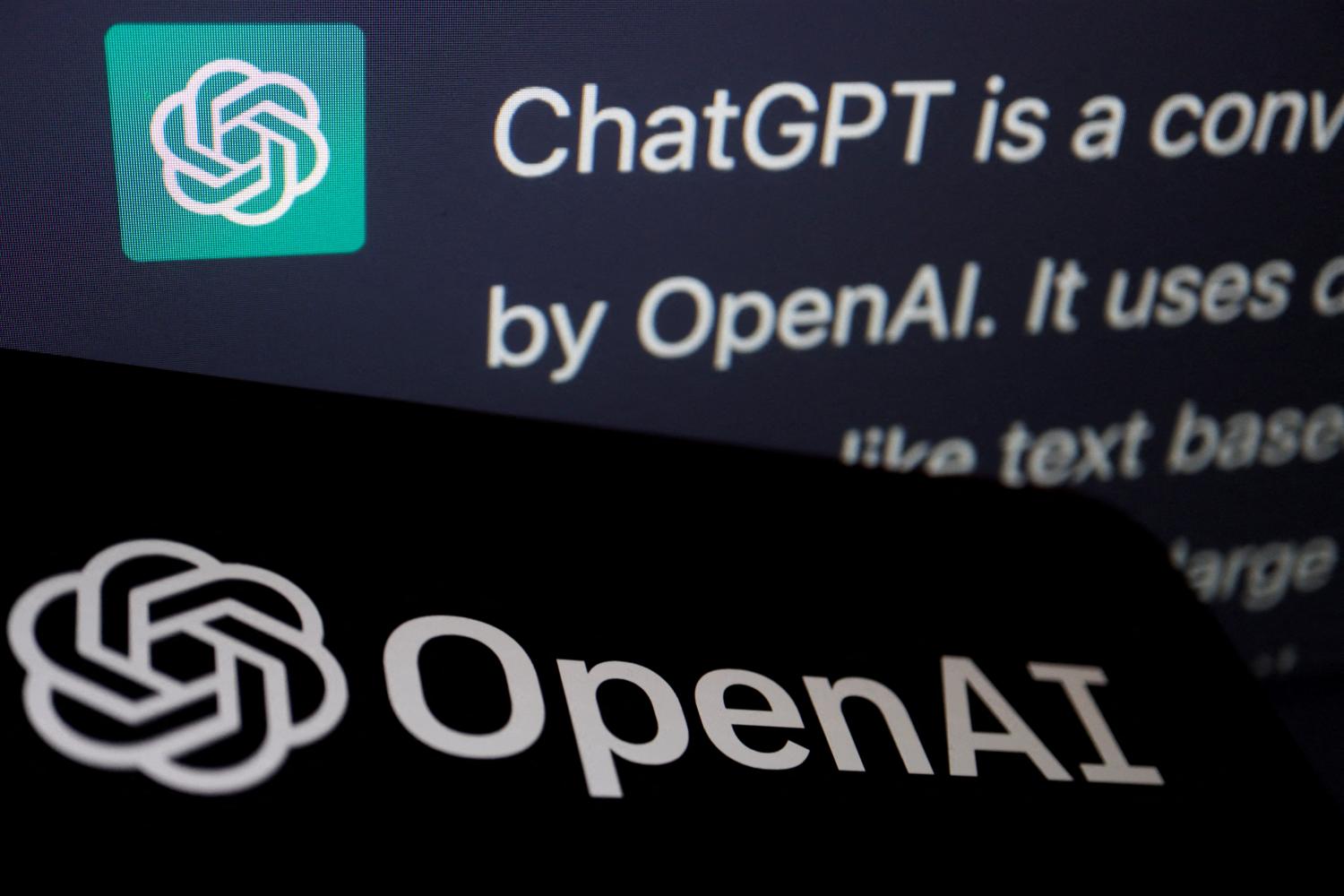
Great advances in technology often result in vast increases of wealth. So as the AI boom continues, one obvious question is who will profit -- and by how much. My view, which may be deflationary for entrepreneurs but good for consumers, is this: Relative to how much artificial intelligence changes the world, its early pioneers won't get especially rich.
Truly fundamental changes alter every part of the economy. They do so only by becoming freely or readily available across a wide range of sectors. Money will be made from AI, but it will be hard to capture anything close to full value.
Consider the internet. The most successful entrepreneurs in social media have earned huge fortunes -- but the early developers of the internet itself did not. Even as late as 1992, if you were convinced the internet would be a huge thing, there was no easy way to make money from that insight. Just as the inventors of early printing presses, such as Gutenberg, did not become the richest nobles of their time.
And that raises another obvious question: Are the current manifestations of AI -- the Large Language Models embodied in services such as ChatGPT, for example -- more like the internet and the printing press, or more like social media? The evidence so far suggests they are somewhere in between.
Facebook benefits from network effects. That is, you want to be able to connect with friends and family, so a social networking service of size and prominence will have a considerable advantage in the marketplace. Similarly, how many people have really left Twitter for Mastodon?
The major AI companies do not seem to have this advantage. If I use OpenAI's ChatGPT, and you use Anthropic's Claude, we still can easily communicate with each other -- through other media. It is even possible to imagine linking one service to the other, using text, through a third-party intermediary.
A small number of AI services, possibly even a single one, likely will end up better than the others for a wide variety of purposes. Such companies might buy the best hardware, hire the best talent and manage their brands relatively well. But they will face competition from other companies offering lesser (but still good) services at a lower price. When it comes to LLMs, there is already a proliferation of services, with Baidu, Google and Anthropic products due in the market. The market for AI image generation is more crowded yet.
In economic terms, the dominant AI company might turn out to be something like Salesforce. Salesforce is a major seller of business and institutional software, and its products are extremely popular. Yet the valuation of the company, as of this writing, is about US$170 billion (5.84 trillion baht). That's hardly chump change, but it does not come close to the $1 trillion valuations elsewhere in the tech sector.
OpenAI, a current market leader, has received a private valuation of $29 billion. Again, that's not a reason to feel sorry for anyone -- but there are plenty of companies you might not have heard of that are worth far more. AbbVie, a biopharmaceutical corporation, has a valuation of about $271 billion, almost 10 times higher than OpenAI's.
To be clear, none of this is evidence that AI will peter out. Instead, AI services will enter almost everyone's workflow and percolate through the entire economy. Everyone will be wealthier, most of all the workers and consumers who use the thing. The key ideas behind AI will spread and be replicated -- and the major AI companies of the future will face plenty of competition, limiting their profits.
In fact, AI's ubiquity may degrade its value, at least from a market perspective. It's likely the AI boom has yet to peak, but the speculative fervour is almost palpable. Share prices have responded to AI developments enthusiastically. Buzzfeed shares rose 150% in one day last month, for example, after the company announced it would use AI to generate content. Does that really make sense, given all the competition BuzzFeed faces?
It's when those prices and valuations start falling that you will know the AI revolution has truly arrived. In the end, the greatest impact of AI may be on its users, not its investors or even its inventors. ©2023 Bloomberg
Tyler Cowen is a Bloomberg Opinion columnist. He is a professor of economics at George Mason University. He is coauthor of 'Talent: How to Identify Energizers, Creatives, and Winners Around the World'.







